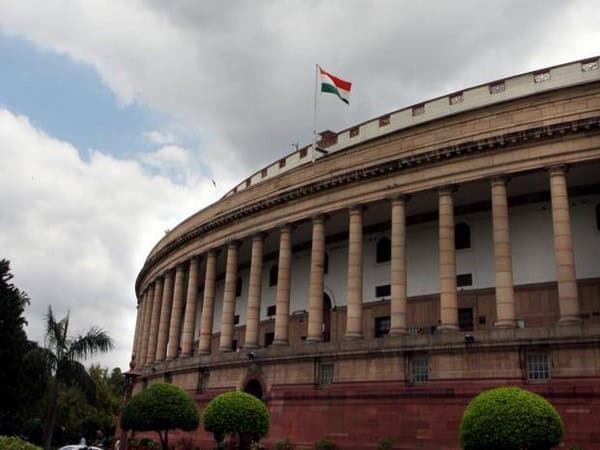New Delhi: The Schedule Caste and Schedule Tribes (Prevention of Atrocities) Amendment Bill, 2018 has been passed in Lok Sabha on Monday.
The SC/ST Act protects the marginalised communities against discrimination and atrocities.
Earlier in the day, the Congress Party condemned Prime Minister Narendra Modi-led government for bringing the bill to restore the stringent provisions of the SC/ST law after a long delay.
Initiating a discussion on the SC/ST (Prevention of Atrocities) Amendment Bill, senior Congress leader Mallikarjun Kharge said, “It has taken a lot of time to bring the legislation forward. I welcome the bill and support it. Meanwhile, the Supreme Court judgment in March had diluted the original Act, which dalits around the country understood as injustice.”
Last week, the amendment bill was introduced in the Lok Sabha by Union Minister for Social Justice and Empowerment Thaawar Chand Gehlot. Talking about the restoration of the provisions of the original law, Kharge stated that it could have been done through an ordinance earlier.
“The Bill was nullified by the Supreme Court in March this year. And in the last four months six ordinances were brought by the government. The government brought the ordinance to help the corporate companies first but did not bring the ordinance to stop injustice to over 24 per cent of the population of the country. They could have brought the seventh ordinance also,” Kharge noted.
The Congress leader further alleged that the government has now passed the bill thinking that if they do not bring it now then they would have to face its heat in next year’s Lok Sabha elections.
“Why didn’t you bring this Bill earlier? The Congress protested against the top court order on March 27, 2018 before the Gandhi statue in Parliament. If the answers were given four months ago, then this injustice to Dalits would not have happened,” Kharge said.
Mentioning about the rise in the attacks against Dalits, Kharge stated that killing or violence against SC/ST are on the rise in the country, according to the National Crime Record Bureau (NCRB).
The apex court, in its March 20 ruling, had barred immediate arrests in cases registered under the SC/ST Prevention of Atrocities Act. This came after Dalit organisations staged a massive protest across the country on April 2 against the judgment of the top court.
Later, the Centre filed a review petition against the ruling, which went in vain as the top court refused to stay its order and asked all parties to submit detailed replies. (ANI)

